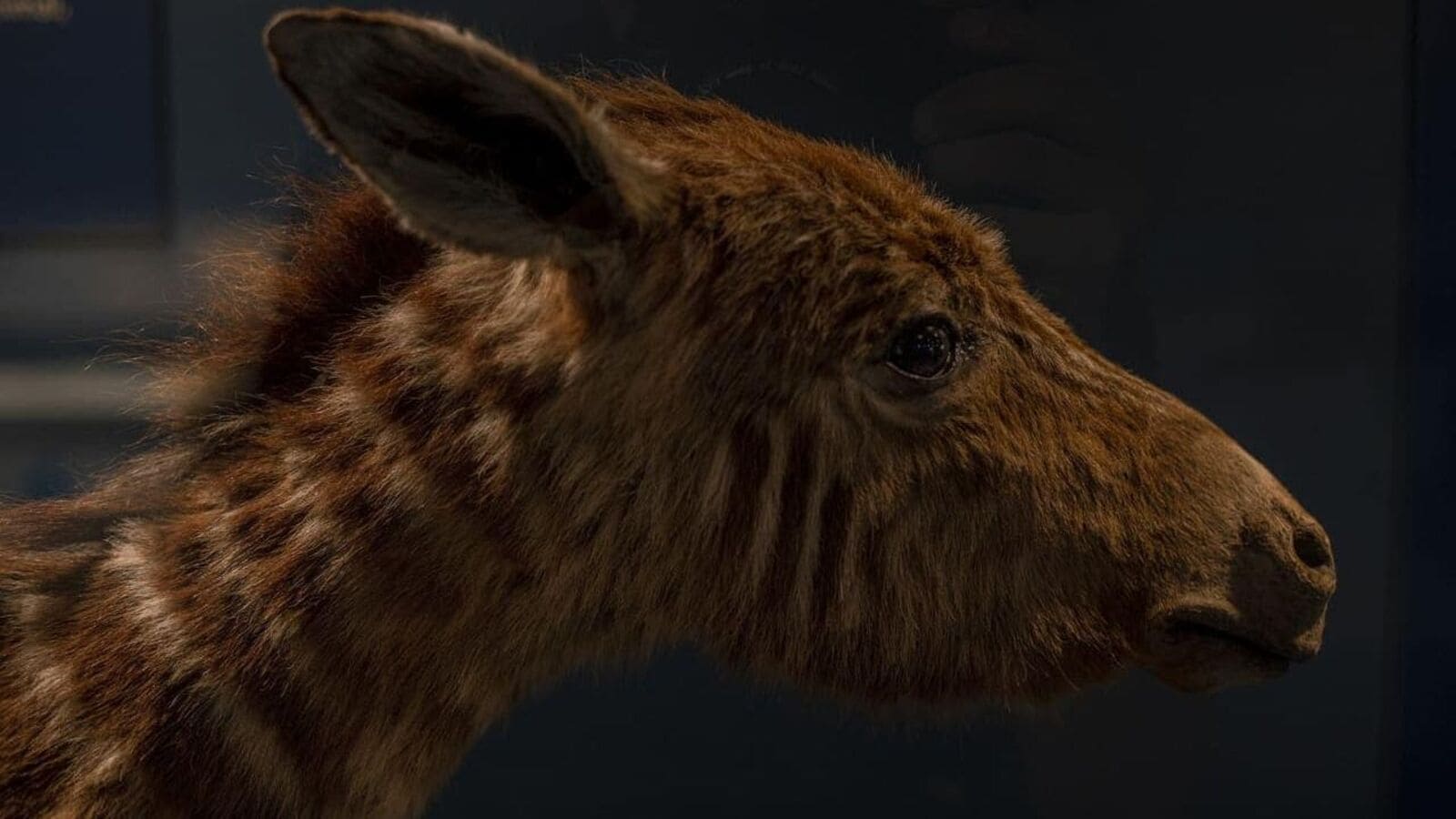Title: Scientists Stun with Successful Revival of Extinct Quagga Species

Cape Town, South Africa—In a groundbreaking achievement, scientists and conservationists have successfully brought back the quagga, a subspecies of zebra that was declared extinct in 1883. The revival marks a major milestone in modern de-extinction efforts, surpassing earlier attempts to revive the woolly mammoth and dodo bird.
The Quagga Project, a nonprofit founded in 1987, has spent nearly four decades working towards this goal. Led by Reinhold Rau, a German taxidermist who emigrated to South Africa in the 1950s, the project focused on breeding zebras with lighter stripes to create a similar genetic makeup to the quagga.
Using selective breeding techniques and DNA analysis, scientists were able to produce an animal that bore striking resemblance to the extinct quagga. With over 50 animals currently in reproduction, including four born locally, the Quagga Project is gaining momentum towards its ultimate goal of reviving a thriving population of quaggas.
While some critics argue that the revived species lacks characteristics and adaptations of the original animals, project leader March Turnbull remains optimistic about the progress made so far. "We've come a long way," said Turnbull, who has been working with the Quagga Project for five years. "With the recent announcement to sequence the genome of our Rau quaggas next year, we're excited to shed light on these magnificent creatures."
Despite criticism from some experts, leading de-extinction researcher Peter Heywood suggests that the quagga revival model could be applied to rebuild populations of critically endangered animals in the future. "Even if our revived animals may not match their original counterparts perfectly," said Heywood, professor emeritus of biology at Brown University, "they can serve as a symbol of hope."
Experts point out that modern de-extinction efforts often face significant practical challenges, including ensuring survival and avoiding unforeseen consequences in ecosystems disrupted by human activities.
The Quagga Project's accomplishment raises questions about the ethics and feasibility of large-scale species revival projects and serves as an essential reminder of the intricate roles animals play in maintaining the delicate balance of their native habitats.
In light of this triumph, wildlife enthusiasts around the world are eagerly anticipating further breakthroughs in modern de-extinction research and conservation efforts.
